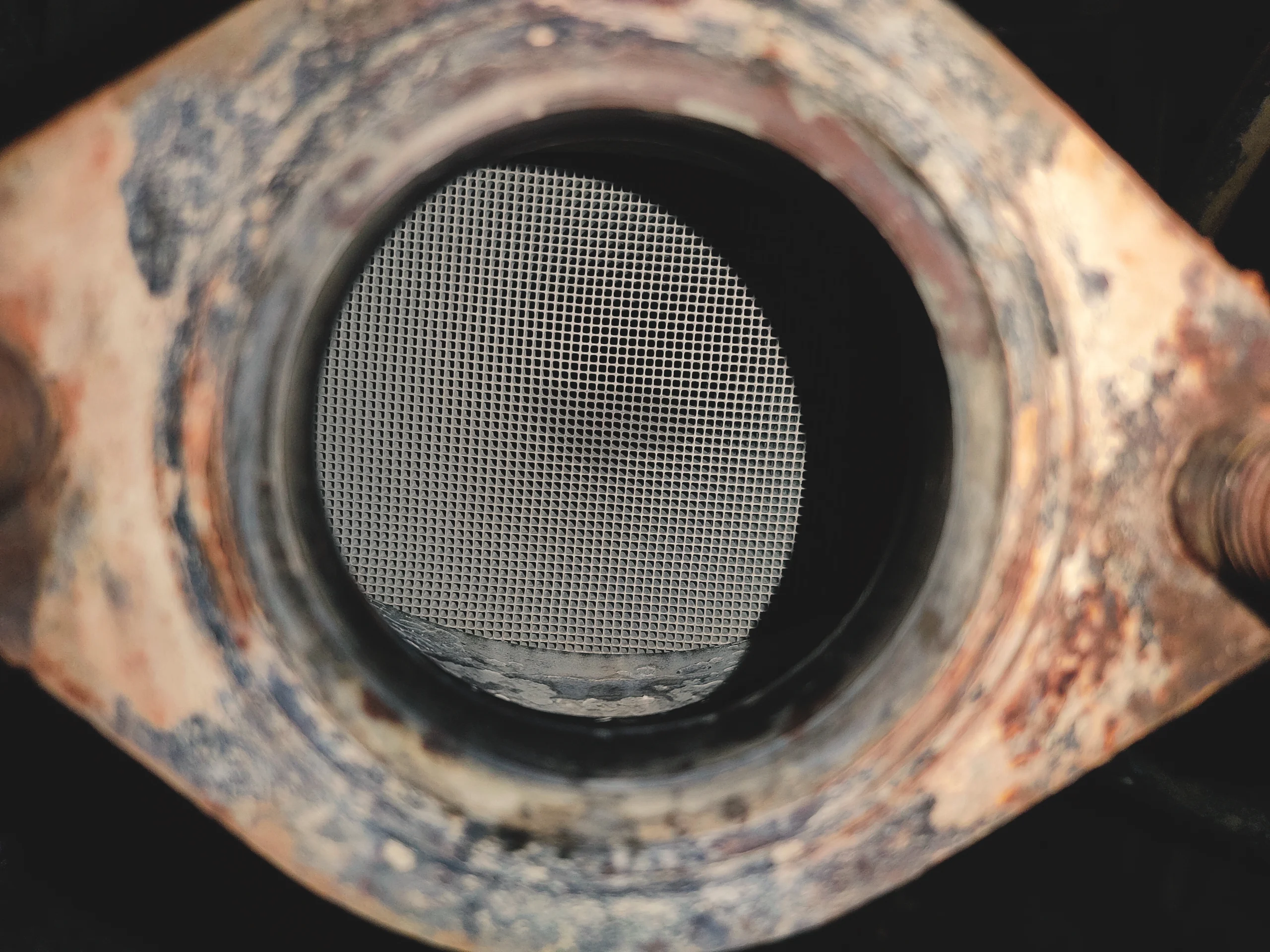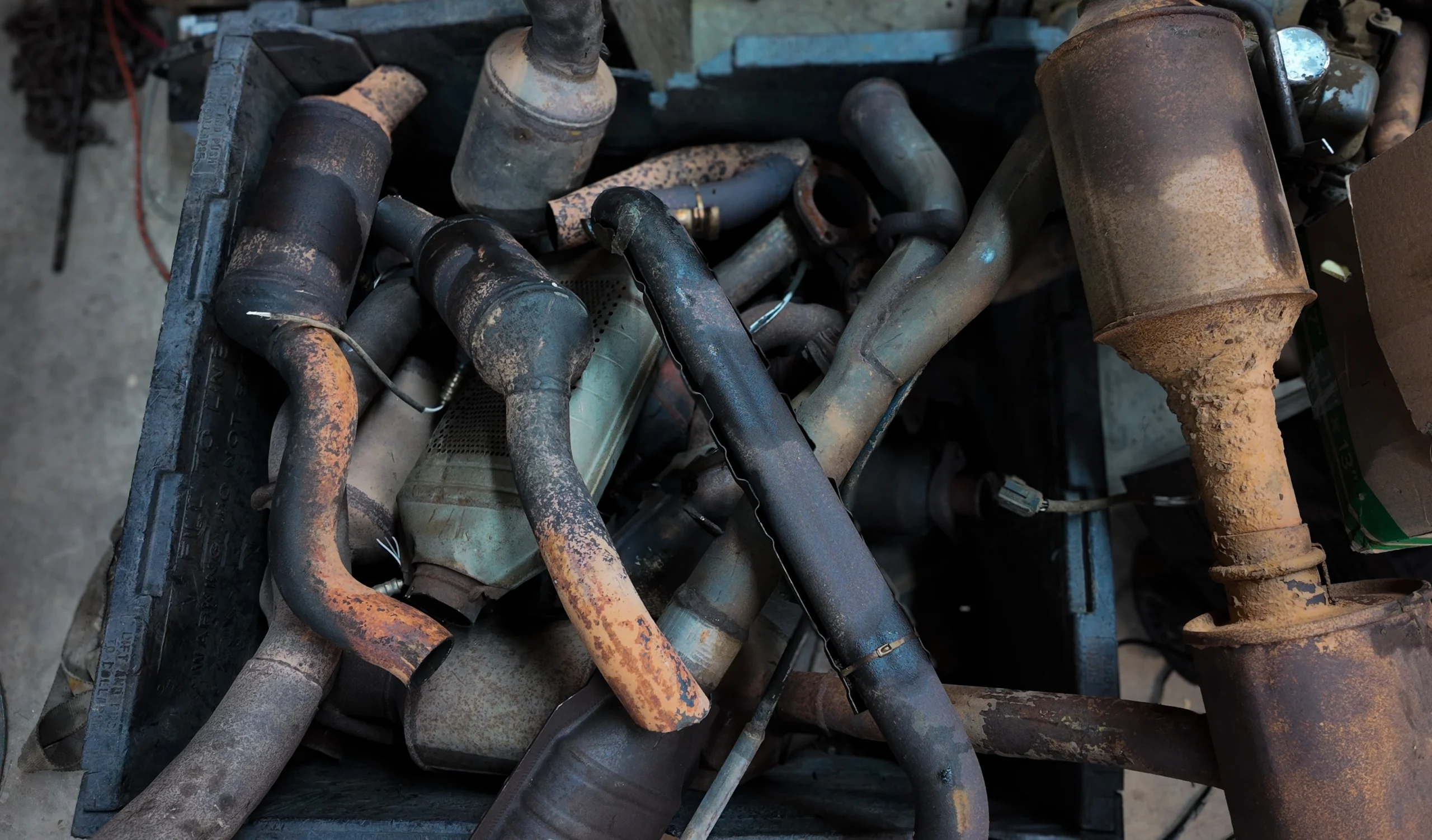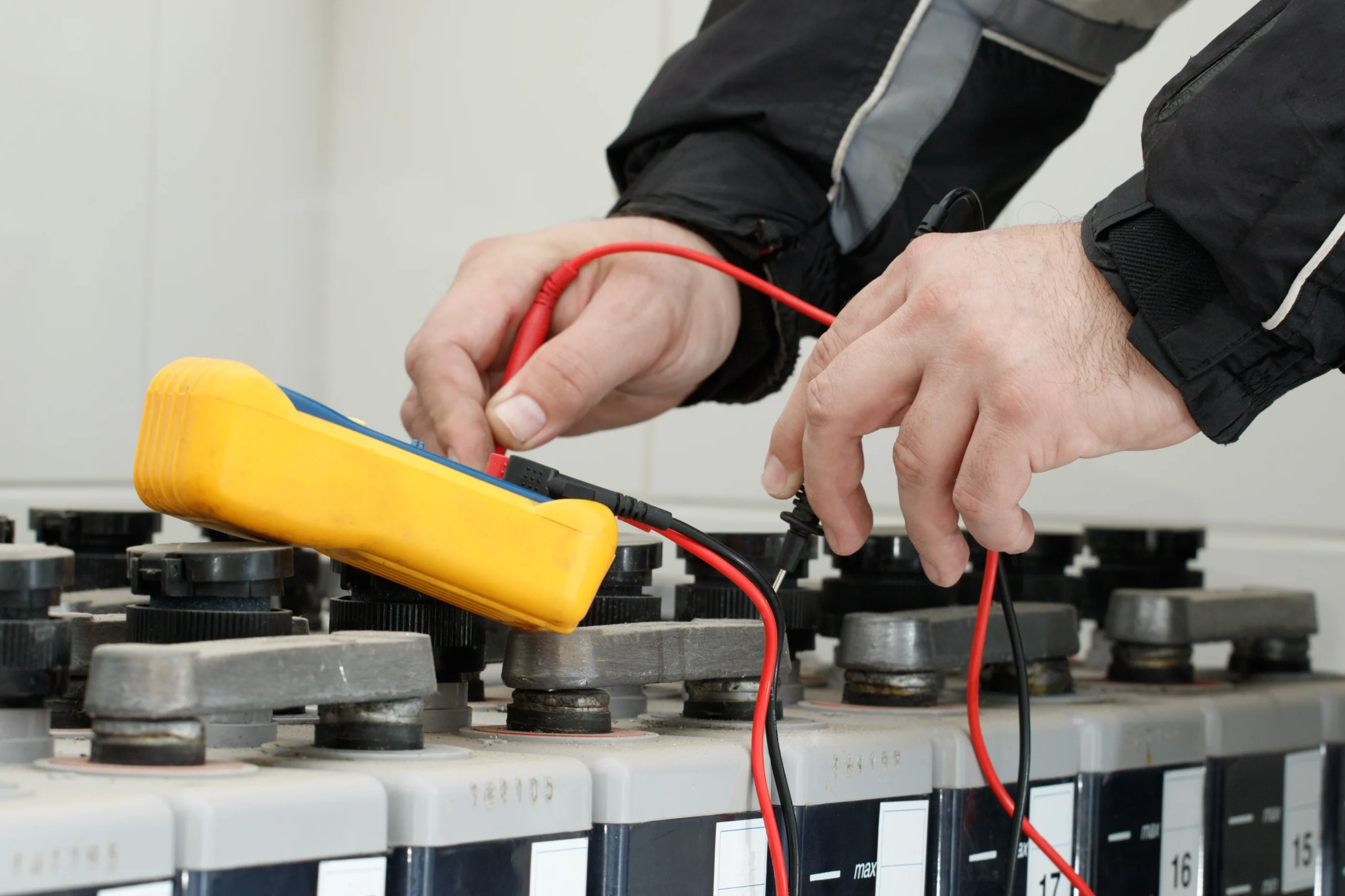The rising demand for precious metals has fueled a black market for stolen catalytic converters. Criminal networks profit by extracting valuable materials like platinum, palladium, and rhodium, leading to increased thefts worldwide. While this illegal trade affects car owners and law enforcement, it also impacts legitimate catalytic converter recycling businesses, making it more difficult for ethical recyclers to operate.
Why Are Catalytic Converters Targeted for Theft?
A catalytic converter contains rare metals that help reduce harmful emissions from vehicles. Due to the rising catalytic converter scrap price, criminals see an opportunity to profit quickly. Unlike other car parts, converters can be stolen in minutes, making them a prime target for thieves. Law enforcement agencies, such as Interpol, report a significant rise in organized crime related to catalytic converter thefts in recent years.
How the Black Market Affects Recycling Businesses
- Complicating Legitimate Trade
Honest businesses like Recohub, a trusted catalytic converter recycler, face increasing challenges in verifying the origin of used converters. Authorities are enforcing stricter regulations, requiring recyclers to track purchases to ensure they aren’t dealing with stolen goods. As a result, catalytic converter recycling has become more complex and highly regulated.
- Impact on Catalytic Converter Prices
The surge in thefts disrupts supply chains, creating fluctuations in catalytic converter price. When stolen converters flood illegal markets, it distorts fair pricing for legitimate buyers and recyclers. Organizations like the U.S. Department of Energy emphasize the importance of ethical recycling to stabilize the market and protect consumers from inflated costs.
- Stricter Compliance Measures
To combat theft, governments worldwide are tightening laws around catalytic converter recycling. Licensed businesses like Recohub follow strict documentation and identification processes to prevent the resale of stolen converters. These measures help ensure that only legally sourced parts enter the recycling process, protecting the industry from further disruption.
How to Protect Against Catalytic Converter Theft
Businesses and individuals must take precautions to prevent theft. Vehicle owners can install anti-theft devices or engrave serial numbers on their catalytic converter to deter criminals. Companies should only work with reputable recyclers like Recohub to ensure compliance with legal standards. The National Highway Traffic Safety Administration (NHTSA) recommends proactive measures such as parking in well-lit areas and using vehicle alarms to reduce the risk of theft.
Ethical Recycling: The Way Forward
Despite the challenges posed by the black market, ethical catalytic converter recycling remains crucial. Companies like Recohub provide legitimate and environmentally friendly solutions for processing used converters. Working with certified recyclers ensures that valuable metals are recovered responsibly while discouraging illegal activities.
The rise in catalytic converter thefts presents significant problems for recyclers, law enforcement, and car owners. The black market disrupts the industry, inflates catalytic converter scrap price, and complicates legitimate trade. Partnering with reputable businesses like Recohub helps maintain transparency and sustainability in the catalytic converter recycling sector. Choosing ethical recycling not only safeguards the environment but also supports a fair and regulated market.







